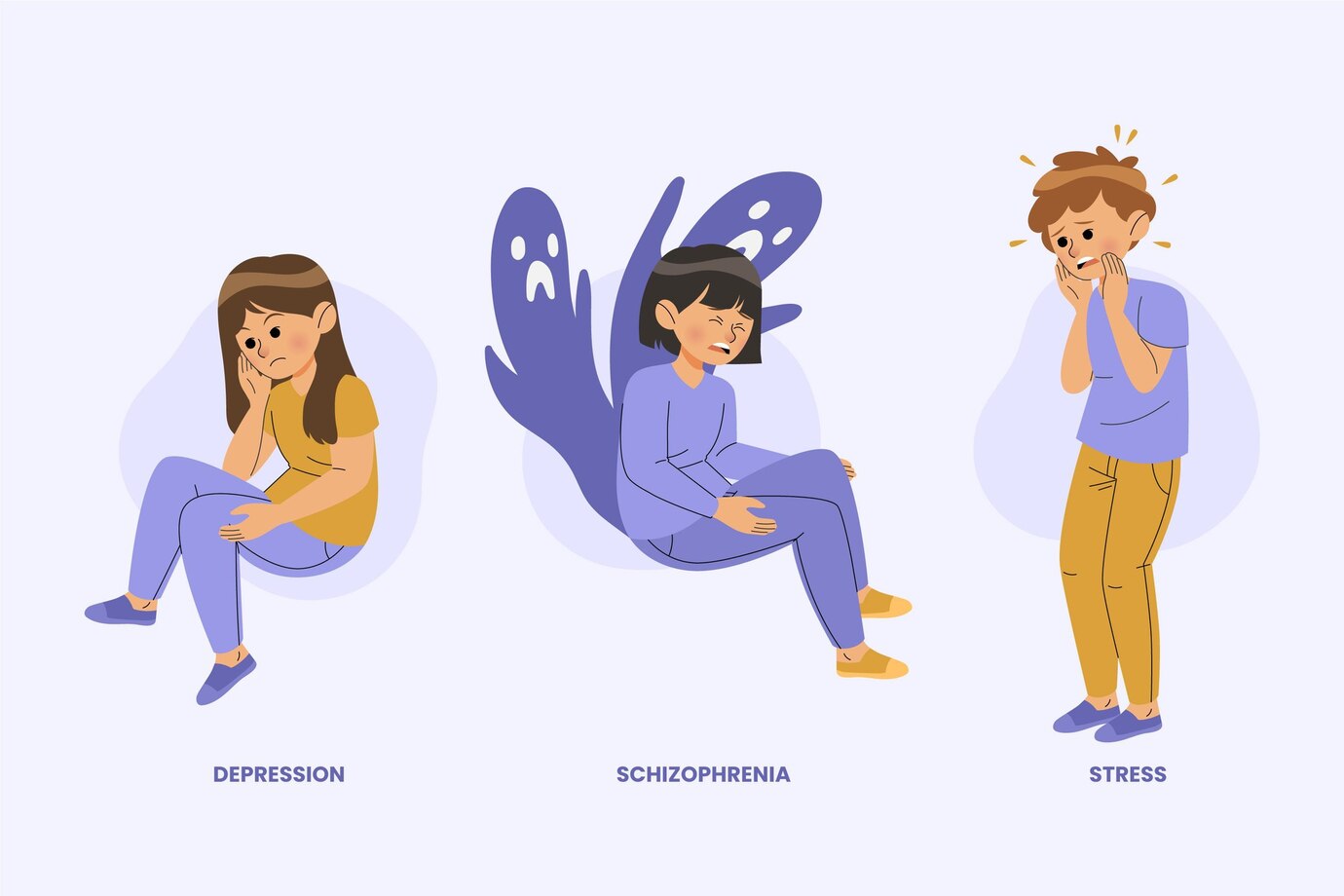
Understanding Schizophrenia: Recognizing the Signs and Symptoms
Schizophrenia is a complex mental disorder characterized by a range of symptoms that can significantly impact an individual’s thoughts, emotions, and behavior. By learning to recognize the signs and symptoms of schizophrenia, we can promote early intervention and support for those affected.
Hallucinations:
Hallucinations are sensory experiences that occur without any external stimuli. In schizophrenia, hallucinations most commonly involve hearing voices, although they can also involve seeing, smelling, tasting, or feeling things that aren’t there. These hallucinations can be distressing and disruptive, causing individuals to feel frightened, confused, or overwhelmed.
Delusions:
Delusions are false beliefs that persist despite evidence to the contrary. In schizophrenia, delusions often take on paranoid or grandiose themes. For example, individuals may believe that they’re being persecuted, spied on, or controlled by outside forces. They may also believe they have special powers or abilities, such as being able to read minds or communicate with aliens.
Disorganized Thinking:
Disorganized thinking is a hallmark symptom of schizophrenia characterized by difficulty organizing thoughts and making logical connections. This can manifest in disjointed speech patterns, with conversations jumping from one topic to another without coherence. Individuals may also have trouble concentrating or following a train of thought, making it challenging to engage in everyday tasks and activities.
Negative Symptoms:
Negative symptoms refer to a decrease or absence of normal behaviors and functions. These can include a lack of motivation or interest in activities (avolition), reduced emotional expression (flat affect), social withdrawal or isolation, and difficulties with cognitive functioning, such as memory or problem-solving. Negative symptoms can significantly impact an individual’s ability to function independently and engage in meaningful relationships and activities.
Recognizing these signs and symptoms is crucial for early intervention and treatment of schizophrenia. With proper support, individuals living with schizophrenia can learn to manage their symptoms and lead fulfilling lives.
To seek medical advice, always consult a Doctor. Here are our recommended experts. Click here
To read more on Neurology. Click Here


